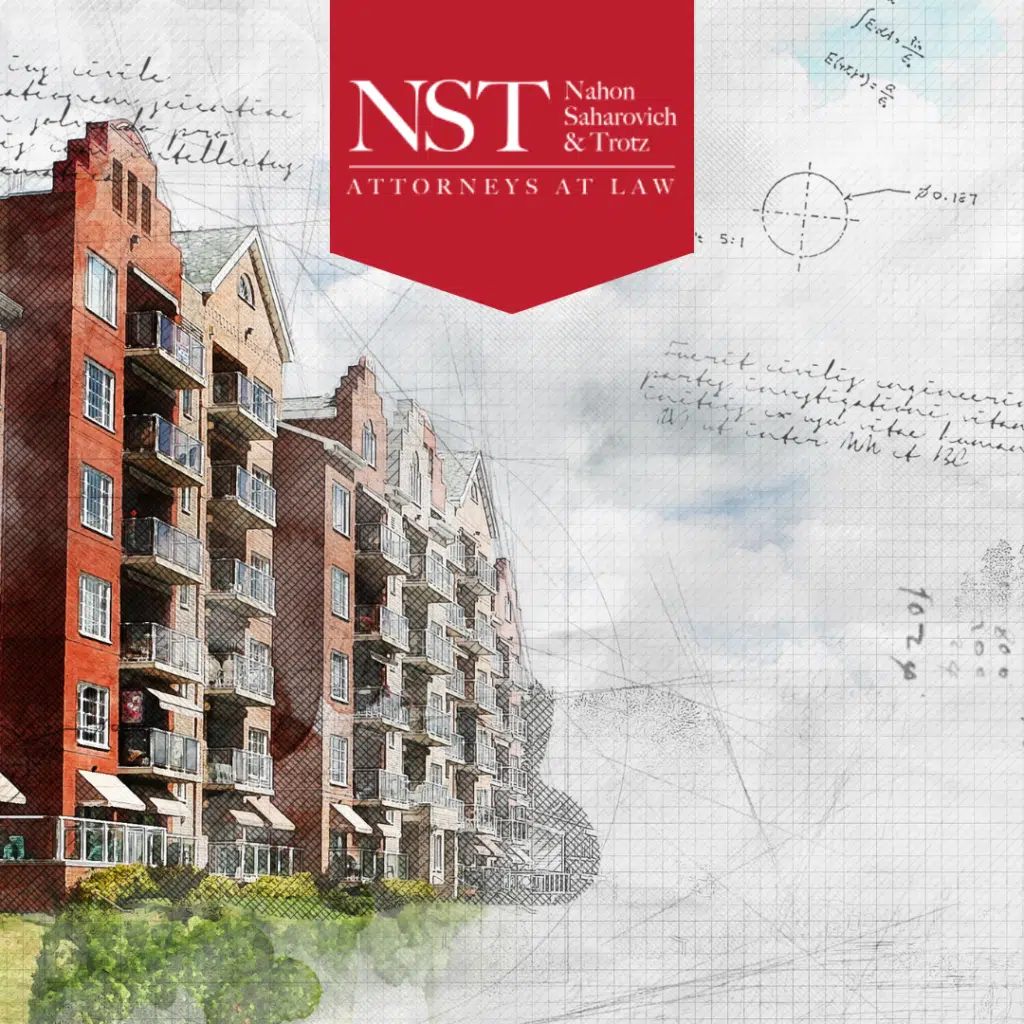A 37-year-old man who fell while walking down stairs at his apartment complex received a jury verdict of $12 million. The incident occurred in 2012. One morning, he reached the bottom of a staircase when it collapsed, causing him to fall down and injure his ankle. Initially, he thought he just had a sprained ankle so he went to work.
However, as time went on, he started to feel more pain and was eventually diagnosed with complex regional pain syndrome (CRPS). This condition affects the nervous system and causes consistent pain, stiffness, swelling, and muscle spasms, among others. He ended up receiving extensive physical therapy and over 100 nerve block injections to treat his agonizing pain.
He sued the owner and manager of Legacy Corner Apartments, where the accident took place. The lawsuit alleged that the defendants did not properly maintain their premises by allowing the staircase to deteriorate. At trial, the defendants disputed liability and damages. They did not take responsibility for the fall. Further, they contested the severity of the plaintiff’s injuries. Before trial, the defendants offered $1.25 million, which was rejected. At trial, the jury awarded $12 million – $6 million in actual damages and $6 million in punitive damages.
In all states, property owners owe certain duties to people who have a right to be on the property. This duty particularly comes into play when discussing the responsibilities of business owners to customers and apartment owners to tenants. In Tennessee, for instance, property owners or managers must adequately maintain their premises to prevent tenants or other guests from encountering dangerous conditions. An improperly maintained property could include faulty locks, loose steps, or broken security gates.
A tenant who gets hurt at an apartment complex may have grounds to pursue a premises liability lawsuit against the owner or management company hired to look after the property. To prove liability, notice is often a critical issue. It typically must be demonstrated that the owner or manager created a dangerous condition or knew about it yet failed to react appropriately.
Proving the latter can be established by showing actual notice or constructive notice. Actual notice could include receiving a direct complaint from a tenant that something is broken. Constructive notice is a bit trickier to prove. Under Tennessee law, it is important to consider what a reasonably prudent owner or manager could or should have known under the circumstances. Owners should periodically inspect their property to make sure it is reasonably safe for tenants and visitors.
Premises liability cases in Tennessee are often complex. Many cases end up in litigation, with discovery being necessary. Expert proof may be required as well in order to satisfy the plaintiff’s burden of proving negligence. Being able to prove liability can allow the victim to recover damages caused by the incident. For serious injuries like CRPS, broken bones, or paralysis, damages can include significant medical bills and surgery costs. Lost wages may be recovered too if the victim is unable to return to work. Non-economic damages, which can be subjective in nature, may be obtained as well. These include pain and suffering, mental anguish, and loss of enjoyment of life.
If you have been hurt due to your landlord’s negligence, call an apartment complex safety lawyer today. Nahon, Saharovich & Trotz is the largest plaintiff’s personal injury law firm based in Tennessee, and we can be reached by calling 1-800-LAW-4004 or completing our online form. Contact us today for a free consultation.
 Skip to content
Skip to content


